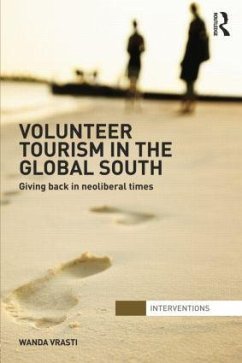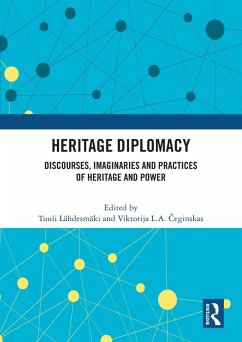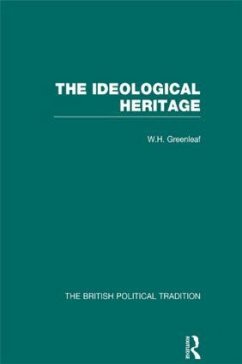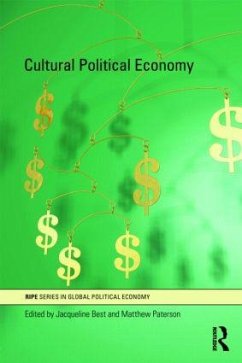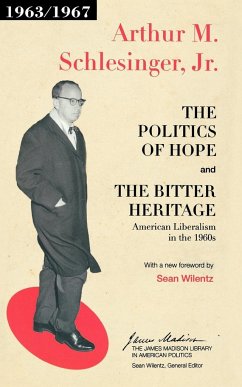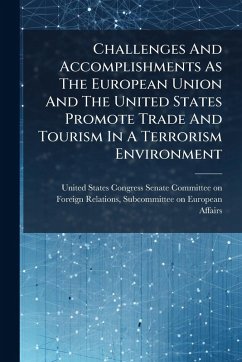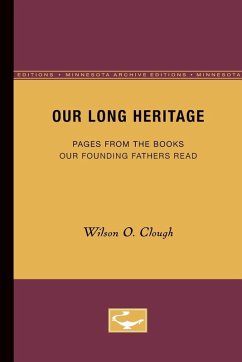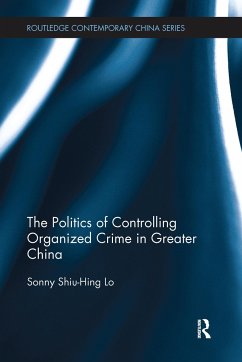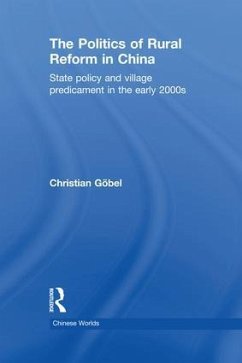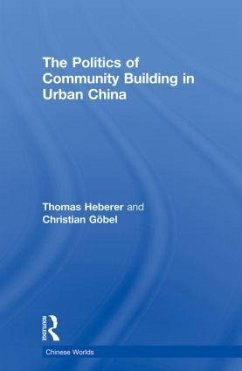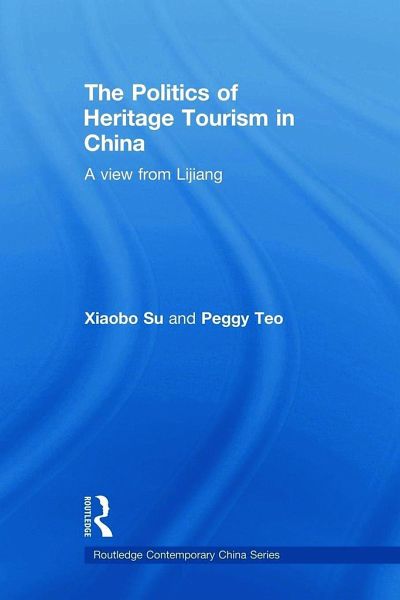
The Politics of Heritage Tourism in China
A View from Lijiang
Versandkostenfrei!
Versandfertig in 1-2 Wochen
60,99 €
inkl. MwSt.
Weitere Ausgaben:

PAYBACK Punkte
30 °P sammeln!
This volume unravels the politics surrounding behind China's hegemonic project of heritage tourism development in Lijiang. It provides a compelling study of the dialectical relationships between global and domestic capital, the state, tourists and locals as they collude, collaborate and contest one another to ready Lijiang for tourist consumption. Using rich material from insightful interviews and quantitative data, the authors show how complex tourism development can be even as it strives to do good for the community. Su and Teo investigate the practices of contestation and negotiation of ide...
This volume unravels the politics surrounding behind China's hegemonic project of heritage tourism development in Lijiang. It provides a compelling study of the dialectical relationships between global and domestic capital, the state, tourists and locals as they collude, collaborate and contest one another to ready Lijiang for tourist consumption. Using rich material from insightful interviews and quantitative data, the authors show how complex tourism development can be even as it strives to do good for the community. Su and Teo investigate the practices of contestation and negotiation of identity within Lijiang; analyze the negotiations that transform material and vernacular landscapes; and suggests strategies that will enable sustained tourism interest in this location. Linking Gramsci's theory on hegemony to the cultural politics of space, this book has two major strengths: it establishes a theoretical framework to conceptualize power relations in tourism space and provides critical insights into the rapidly shifting socio-political landscape of contemporary China. Comparisons with other Chinese heritage sites are also provided. By addressing the power struggles inevitable in the process of tourism development, The Politics of Heritage Tourism in China provides an innovative understanding of China's dynamic politics in a period of transition. As such, it will address the needs of students and academic scholars working in the fields of China studies, tourism, cultural studies, urban studies, sociology, geography, political science and heritage studies.





